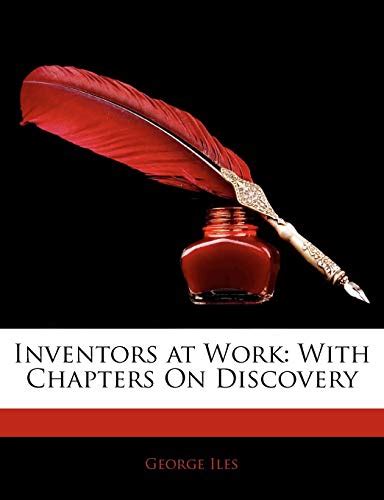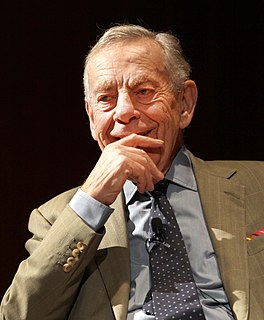A Quote by Edward Joseph Schwartz
Philosophy became a gloomy science, in the labyrinth of which people vainly tried to find the exit, called The Truth.
Related Quotes
All those formal systems, in mathematics and physics and the philosophy of science, which claim to give foundations for certain truth are surely mistaken. I am tempted to say that we do not look for truth, but for knowledge. But I dislike this form of words, for two reasons. First of all, we do look for truth, however we define it, it is what we find that is knowledge. And second, what we fail to find is not truth, but certainty; the nature of truth is exactly the knowledge that we do find.
My position is a naturalistic one; I see philosophy not as an a priori propaedeutic or groundwork for science, but as continuous with science. I see philosophy and science as in the same boat--a boat which, to revert to Neurath's figure as I so often do, we can rebuild only at sea while staying afloat in it. There is no external vantage point, no first philosophy.
One can delineate the domain of philosophy however one likes, but in its search for truth, philosophy is always concerned with human existence. Authentic philosophizing refuses to remain at the stage of knowledge […]. Care for human existence and its truth makes philosophy a 'practical science' in the deepest sense, and it also leads philosophy—and this is the crucial point—into the concrete distress of human existence.
When people ask me what philosophy is, I say philosophy is what you do when
you don't know what the right questions are yet. Once you get the questions
right, then you go answer them, and that's typically not philosophy, that's
one science or another. Anywhere in life where you find that people aren't
quite sure what the right questions to ask are, what they're doing, then,
is philosophy.
Yet things are knowable! They are knowable, because, being from one, things correspond. There is a scale: and the correspondence of heaven to earth, of matter to mind, of the part to the whole, is our guide. As there is a science of stars, called astronomy; and science of quantities, called mathematics; a science of qualities, called chemistry; so there is a science of sciences,--I call it Dialectic,--which is the Intellect discriminating the false and the true.
People knew there were two ways of coming at truth. One was science, or what the Greeks called Logos, reason, logic. And that was essential that the discourse of science or logic related directed to the external world. The other was mythos, what the Greeks called myth, which didn't mean a fantasy story, but it was a narrative associated with ritual and ethical practice but it helped us to address problems for which there were no easy answers, like mortality, cruelty, the sorrow that overtakes us all that's part of the human condition. And these two were not in opposition, we needed both.
This rose became a bandanna, which became a house, which became infused with all passion, which became a hideaway, which became yes I would like to have dinner, which became hands, which became lands, shores, beaches, natives on the stones, staring and wild beasts in the trees, chasing the hats of lost hunters, and all this deserves a tone.


































